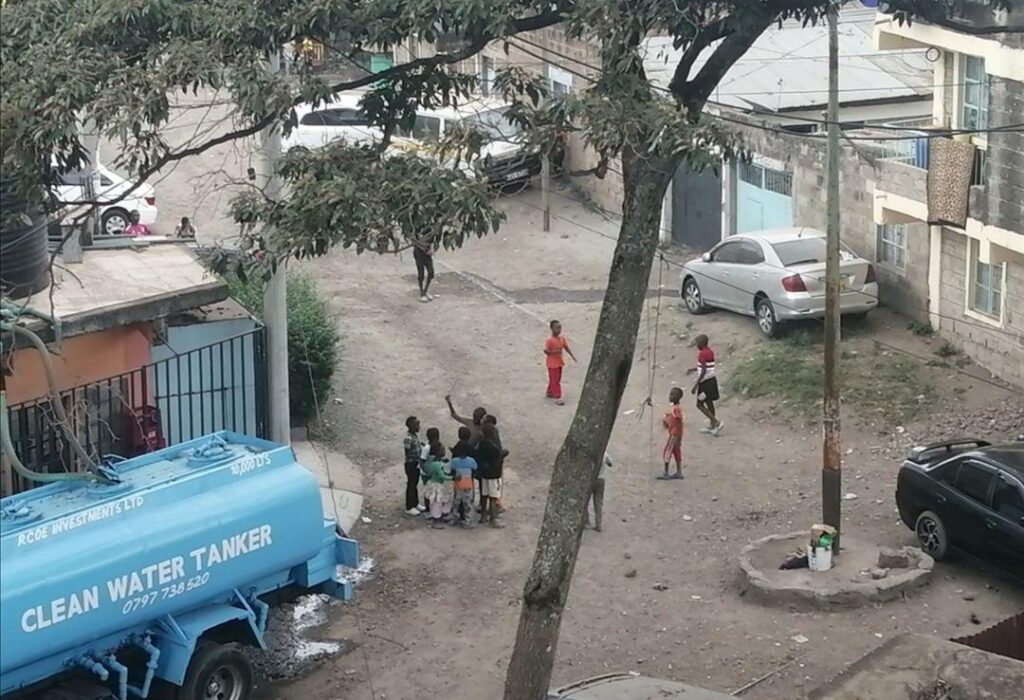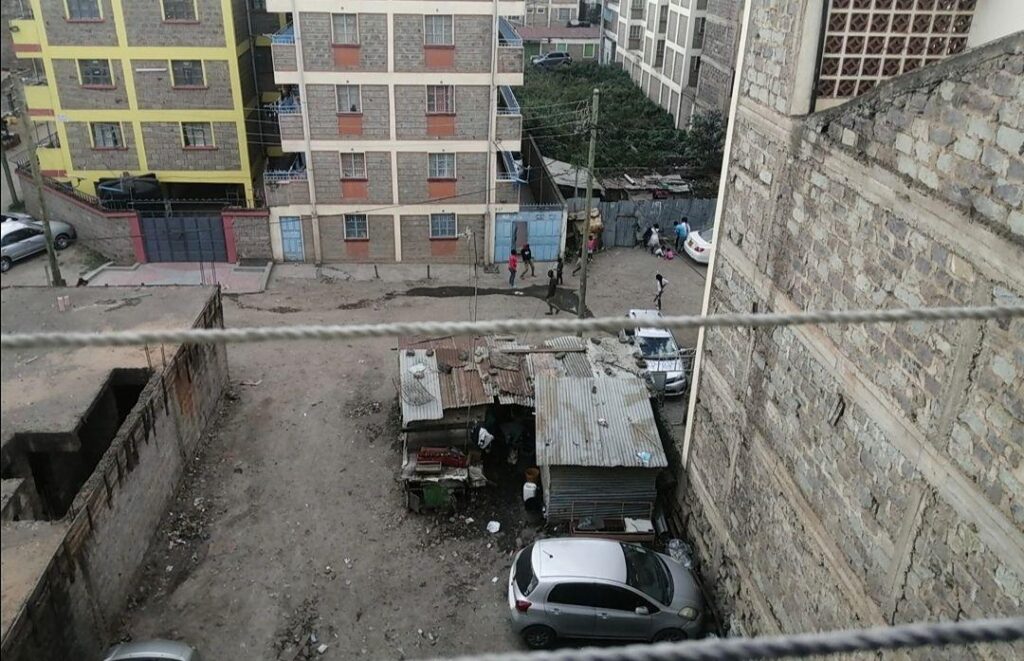
In March 2020, Kenyans were tensed about the new flu virus, Covid-19 that had ravaged the city of Wuhan in China.
When the first case was announced in Kenya and the curfew and cessation of movements were announced and schools closed, parents closely guarded their kids by locked up their kids indoors for fear of them contracting the coronavirus (SARS-COV2).
In May, parents had eased their restrictions to allowing their kids to go out but only lay with their brothers/sisters from the same house while also wearing masks.
But at the end of July, most of these caution was thrown to the wind.
Umoja News collected information at varius locations around Umoja i.e. Kariobangi, Mowlem, Umoja 2 and Umoja 1 wards, and found that kids of school-going age were mingling freely without care or fear of Covid-19.
Most of the kids had no masks compared to when they used to come out and play in March, April and June.
Virologist might be right
Scientist from the west have wondered why the pandemic has not ravaged the African continent, and maybe, just maybe, the suppressed voice of virologists who argued that the best defense against a pandemic was to mingle, so that the disease ‘passes through’ and people build immune against it.
With the level of interactions in and around Umoja Estate, it seems the fears that school-opening would bring a spike in the number of cases or set-off a second wave of the covid-19 pandemic might be farfetched.
It appears there’ll be no spike even after schools are reopened as the kids have naturally built immunity against such virus. The problem is that we have a government waiting to loot so they have the headlines about schools reopening every day on the media so as to attract donor funding which has now run low after KEMSA Covid -19 scandals
Editor
Experts now begin to argue that Africa and especially Kenya might have passed its Coronavirus peak season. With some virologists even predicting that there will be no second wave.

“We went into lockdown too quickly because the prevailing concern was that there might not be enough intensive care beds and that there was pressure from the public. We are seeing a lot of asymptomatic cases, that is infections with no consequences. This means we can assess the danger from the virus better. I still don’t believe that at the end of the year we will have had more deaths in Germany than in other years,” Prof Hendrik Streeck, a leading German Virologist said.
Prof Streeck even went forth to support school reopening and criticizing the wearing of masks.
“Children are not major carriers for this virus. This is known virologically. The decision now has to be made politically. In any case, teachers have no higher risk of infection than other professional groups that work with people, such as nurses or sales staff. At the beginning of the pandemic, masks were specifically warned against. The reasons for this still apply, even if, strangely enough, they no longer seem to matter to anyone. People shuffle the masks in their pockets, hold them constantly and strap them over their mouths for two weeks, probably unwashed. This is a wonderful breeding ground for bacteria and fungi,” the professor added.
Acting Health Director General Dr Patrick Amoth also dismissed allegations that the exposé carried by NTV on the Covid-19 scandal was he reason the Ministry of Health (MoH) was announcing lower figures.
He said that the reduction in rate of infection started way back in mid-July and was not because of the exposé.

‘Peaked in July’
Reportedly, according to a study by the Kenya Medical Research Institute (Kemri) and the MoH, the peak happened before the end of July in what they term as “some major urban counties”, with between 34 and 41 per cent of residents being infected.
Furthermore, despite this increase in infections among residents of Nairobi and Mombasa counties, the researchers noted that reported severe cases and deaths have remained low. As such, their analysis suggests the Covid-19 disease burden in Kenya may be far less than initially feared.
Nonetheless, the MoH still warns that Kenya is not out of the woods yet as the country has not yet achieved 5 per cent positivity rate and sustain it for three weeks, as from August 24th, so as to declare that coronavirus curve is flattening.






